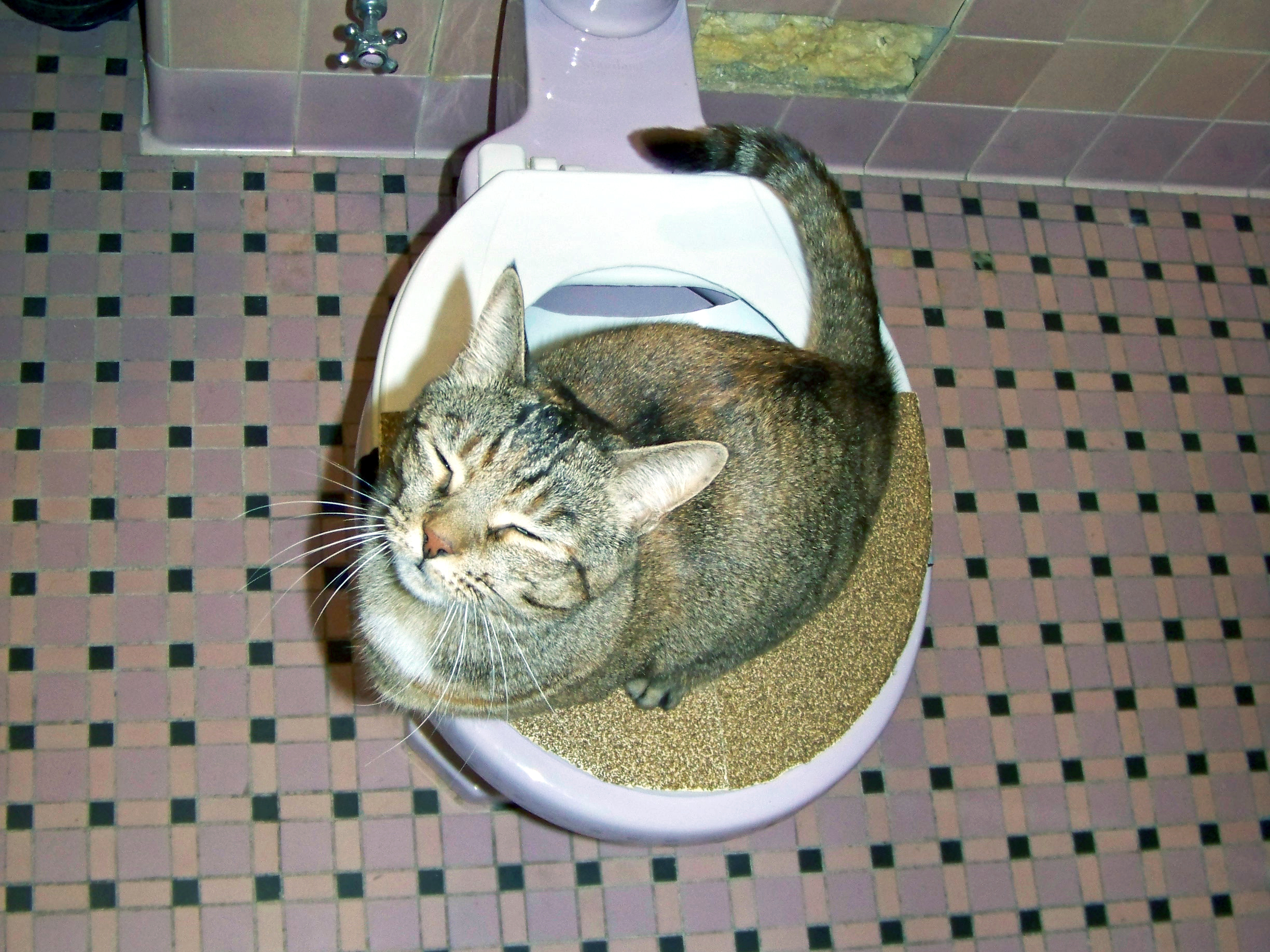Prevent Bathroom Disasters: Don't Flush Cat Poop Down Your Toilet - Professional Advice
Prevent Bathroom Disasters: Don't Flush Cat Poop Down Your Toilet - Professional Advice
Blog Article
Just how do you actually feel in regards to Don’t flush cat feces down the toilet?

Introduction
As feline proprietors, it's important to bear in mind exactly how we deal with our feline buddies' waste. While it may appear hassle-free to purge cat poop down the commode, this technique can have damaging consequences for both the setting and human health and wellness.
Alternatives to Flushing
Thankfully, there are more secure and more liable ways to dispose of cat poop. Take into consideration the complying with choices:
1. Scoop and Dispose in Trash
One of the most common approach of dealing with cat poop is to scoop it right into a biodegradable bag and toss it in the garbage. Be sure to utilize a devoted trash scoop and deal with the waste immediately.
2. Use Biodegradable Litter
Select biodegradable cat trash made from materials such as corn or wheat. These trashes are environmentally friendly and can be safely gotten rid of in the trash.
3. Hide in the Yard
If you have a yard, think about hiding cat waste in a marked location away from veggie gardens and water sources. Make certain to dig deep enough to stop contamination of groundwater.
4. Set Up a Pet Waste Disposal System
Purchase a pet dog garbage disposal system especially developed for feline waste. These systems utilize enzymes to break down the waste, minimizing smell and ecological impact.
Health and wellness Risks
Along with ecological concerns, flushing feline waste can likewise present health and wellness threats to human beings. Pet cat feces might include Toxoplasma gondii, a parasite that can cause toxoplasmosis-- a possibly severe illness, particularly for expectant women and people with damaged immune systems.
Environmental Impact
Purging feline poop introduces hazardous microorganisms and bloodsuckers into the water supply, posturing a substantial risk to marine ecological communities. These pollutants can adversely impact aquatic life and compromise water top quality.
Conclusion
Liable family pet ownership prolongs beyond providing food and sanctuary-- it also entails appropriate waste administration. By avoiding flushing feline poop down the bathroom and going with alternative disposal techniques, we can lessen our ecological impact and safeguard human health.
Why You Should Never Flush Cat Poop Down the Toilet
A rose by any other name might smell as sweet, but not all poop is created equal. Toilets, and our sewage systems, are designed for human excrement, not animal waste. It might seem like it couldn’t hurt to toss cat feces into the loo, but it’s not a good idea to flush cat poop in the toilet.
First and foremost, assuming your cat uses a litter box, any waste is going to have litter on it. And even the smallest amount of litter can wreak havoc on plumbing.
Over time, small amounts build up, filling up your septic system. Most litter sold today is clumping; it is made from a type of clay that hardens when it gets wet. Ever tried to scrape old clumps from the bottom of a litter box? You know just how cement-hard it can get!
Now imagine just a small clump of that stuck in your pipes. A simple de-clogger like Drano isn’t going to cut it. And that means it’s going to cost you big time to fix it.
Parasitic Contamination
Believe it or not, your healthy kitty may be harboring a nasty parasite. Only cats excrete Toxoplasma in their feces. Yet it rarely causes serious health issues in the cats that are infected. Most people will be fine too if infected. Only pregnant women and people with compromised immune systems are at risk. (If you’ve ever heard how women who are expecting are excused from litter cleaning duty, Toxoplasma is why.)
But other animals may have a problem if infected with the parasite. And human water treatment systems aren’t designed to handle it. As a result, the systems don’t remove the parasite before discharging wastewater into local waterways. Fish, shellfish, and other marine life — otters in particular — are susceptible to toxoplasma. If exposed, most will end up with brain damage and many will die.
Depending on the species of fish, they may end up on someone’s fish hook and, ultimately on someone’s dinner plate. If that someone has a chronic illness, they’re at risk.
Skip the Toilet Training
We know there are folks out there who like to toilet train their cats. And we give them props, it takes a lot of work. But thanks to the toxoplasma, it’s not a good idea.

I was shown that article on How to Dispose of Cat Poop and Litter Without Plastic Bags through an acquaintance on our other web property. Enjoyed our piece? Please share it. Help others discover it. Thanks so much for going through it.
Call Today Report this page